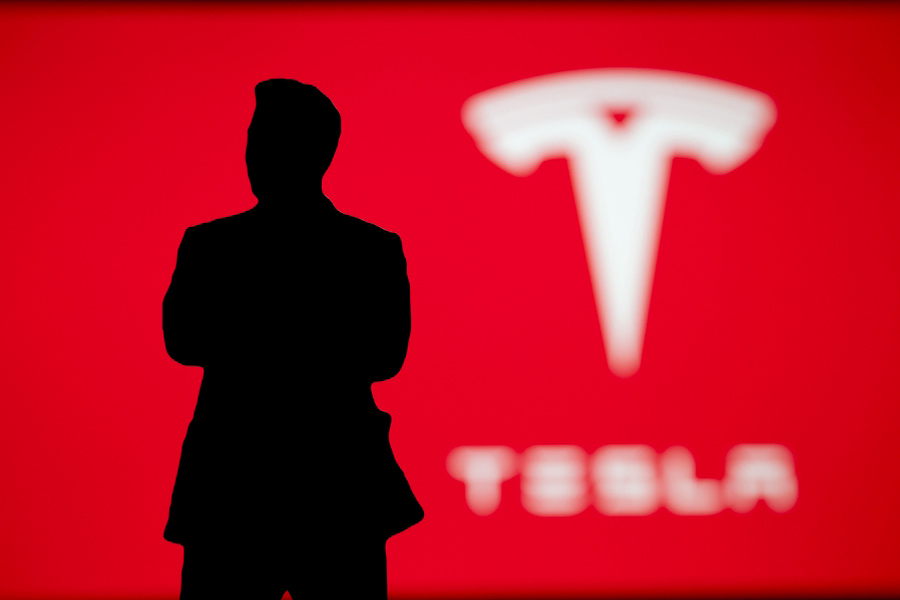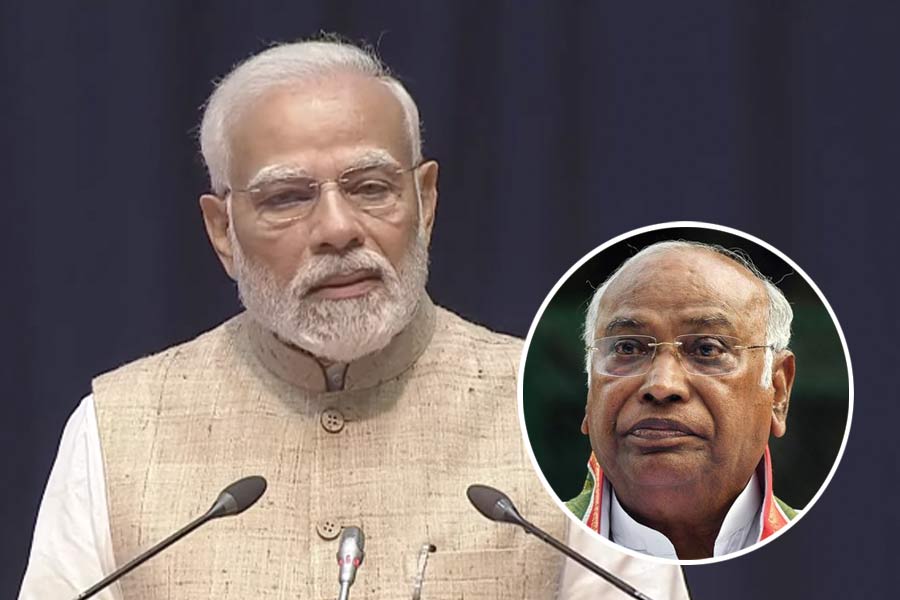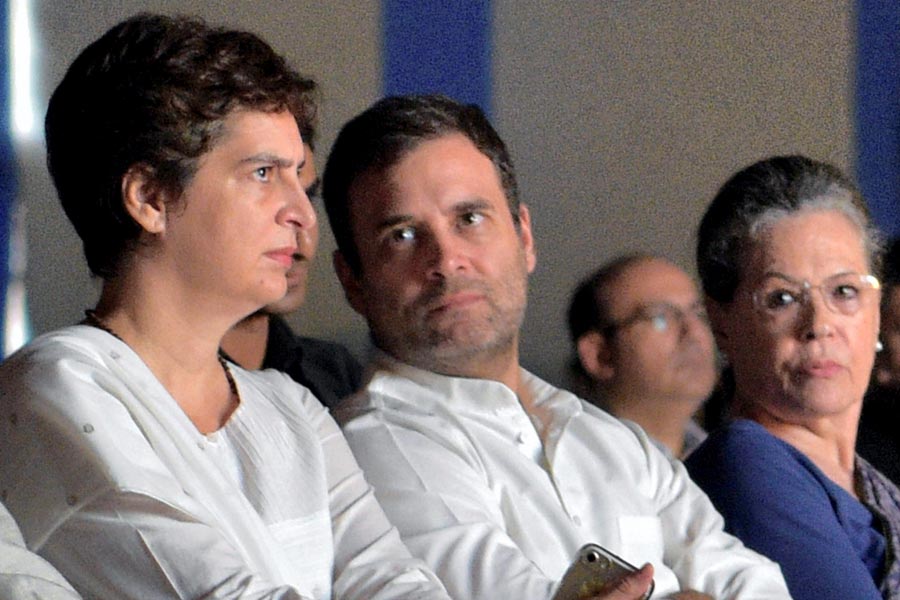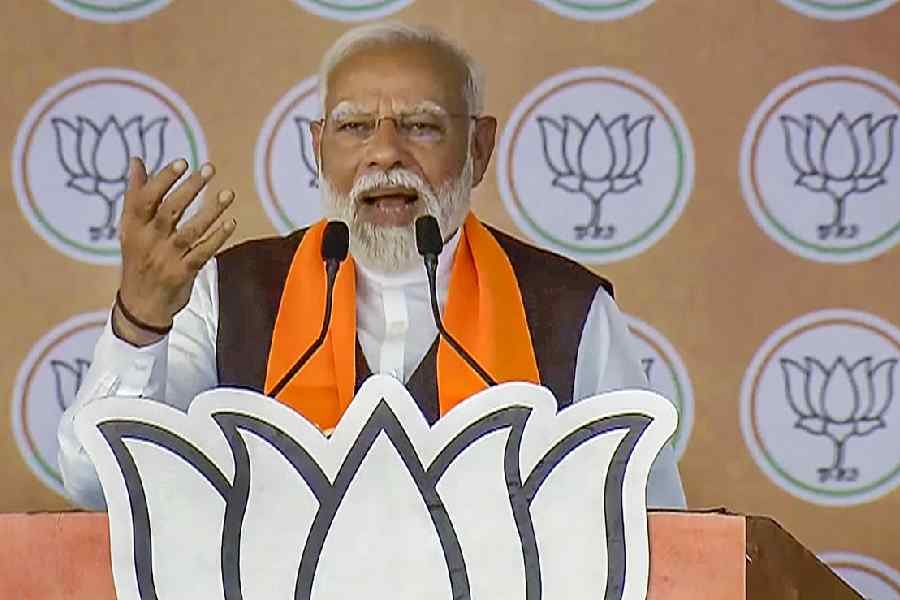Paving the way for the entry of US-based Tesla in the country, the Modi government has approved an electric vehicle policy offering duty concession to firms committing to at least $500 million in investment and manufacturing facilities within three years.
Companies that meet the investment and manufacturing requirements will be allowed to import a limited number of EVs at a lower tax of 15 per cent on cars costing $35,000 and above.
India currently levies a tax of 70 per cent or 100 per cent on imported cars and EVs depending on their value.
Under the policy, a company will be required to make a minimum investment of $500 million or Rs 4,150 crore. There will be no upper investment limit.
"The duty foregone on the total number of EVs allowed for import would be limited to the investment made or Rs 6,484 crore (equal to incentive under PLI scheme) whichever is lower.
"A maximum of 40,000 EVs at the rate of not more than 8,000 per year would be permissible if the investment is $800 million or more. The carryover of unutilised annual import limits would be permitted," an official statement said.
Tesla's cheapest vehicle, the Model 3, starts at $38,990 in New York, according to the carmaker's website.
"We invite global companies to come to India. I'm confident India will become a global hub for EV manufacturing and this will create jobs and improve trade," commerce minister Piyush Goyal said.
Kartikeya Prakash, partner at Khaitan & Co, said “the policy allows a level playing field for Indian EV manufacturing. Advanced technologies will be manufactured with ease".
Ashraya Rao, partner, Khaitan & Co said, “Minimum investment commitments and the domestic value addition requirement, combined with the initial incentives on importing cars, should help new players undertake capital allocation efficiently.”










